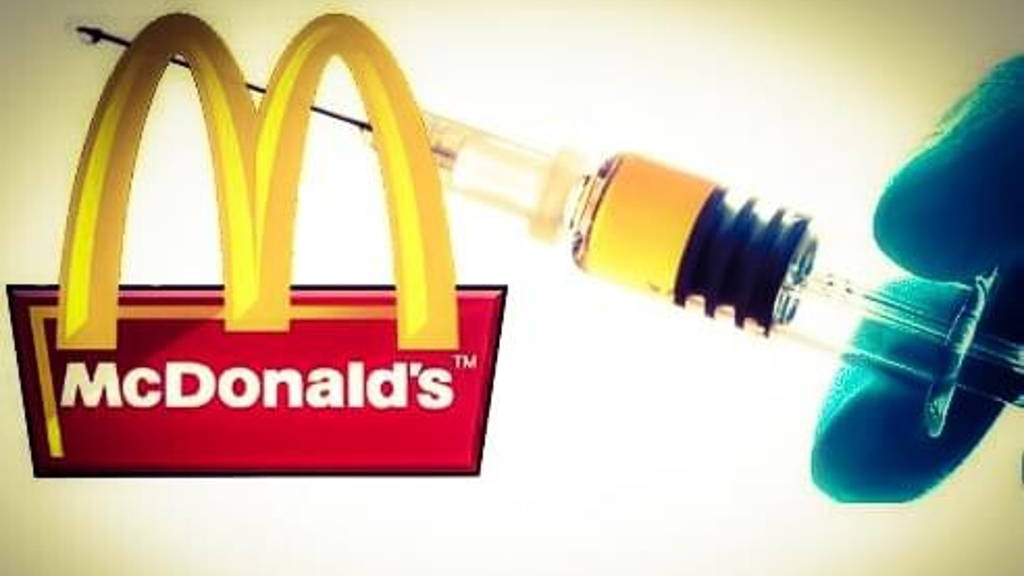Dorien Meulenijzer, accessibility consultant in Leuven and Bieke Verlinden, local governor of Leuven, realise this, but complain about the fact that digitization is more about efficiently than humanity. “There is not an inch of margin or space.” The market turns more and more into a fast-food chain: efficient, predictable and highly controlled, is their opinion, published at the a belgium newspaper “De Morgen” .
The McDonaldization of healthcare is not something new. American Sociologist George Ritzer writes in his famous book ‘The McDonaldization of Society’ that society is increasingly designed according to the principles of a fast food restaurant. It is mainly about management, efficiency, predictability and control. Unfortunately this is not always applicable in healthcare. One cannot predict when or what a patient feels as he falls. A nurse needs time for this that can not be planned in advance. If we start to put those unexpected moments into codes and rules, care becomes inhuman, so claim both ladies from Leuven.
Patients and caretakers are now raising the alarm, according to Dorien and Bieke. The nurses know what they’re talking about, because they are the ones by the bed, hearing and experiencing the patients grief and loneliness. They feel that there is less and less time for a talk and moral support. Dorien and Bieke try to explain this by using a name of another fast-food chain: “Quick”!
Both women conclude that the control and management of the current health care is to generate savings and only serves bureaucracy. Allows the true potential of digitization is not used. It should be used in a way that the time that is saved is properly used for engagement and humanity. Digitization should be supportive to health care, because care is still about quality and man-made care.
Quantity and control
Digitization offers possibilities to assimilate parts of healthcare. When the nursing staff does not have to perform measuring anymore, because these are already performed at the patients house for instance, ther will be more time available for planning and organising and hopefully also more time to spend on the patient. Right now however the opportunities digital offers are mainly deployed on quantity and control.The McDonaldization of healthcare is not something new. American Sociologist George Ritzer writes in his famous book ‘The McDonaldization of Society’ that society is increasingly designed according to the principles of a fast food restaurant. It is mainly about management, efficiency, predictability and control. Unfortunately this is not always applicable in healthcare. One cannot predict when or what a patient feels as he falls. A nurse needs time for this that can not be planned in advance. If we start to put those unexpected moments into codes and rules, care becomes inhuman, so claim both ladies from Leuven.
Nurse becomes robot
A young Flemish nurse recently complained in a letter about the work pressure in care homes. “As I learned in school how to inject a person, they should have put a stopwatch next to it”, she said. Nowadays robots like robot Alice are deployed in nursery homes. They take over human tasks like ‘keeping company’, ‘small talk’ and reminding the patient to take its medication. But while the robots take over human tasks, the nurses start to feel they’re becoming a robot themselves. The patient feels this.Patients and caretakers are now raising the alarm, according to Dorien and Bieke. The nurses know what they’re talking about, because they are the ones by the bed, hearing and experiencing the patients grief and loneliness. They feel that there is less and less time for a talk and moral support. Dorien and Bieke try to explain this by using a name of another fast-food chain: “Quick”!
Both women conclude that the control and management of the current health care is to generate savings and only serves bureaucracy. Allows the true potential of digitization is not used. It should be used in a way that the time that is saved is properly used for engagement and humanity. Digitization should be supportive to health care, because care is still about quality and man-made care.






